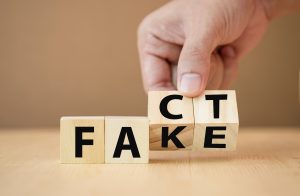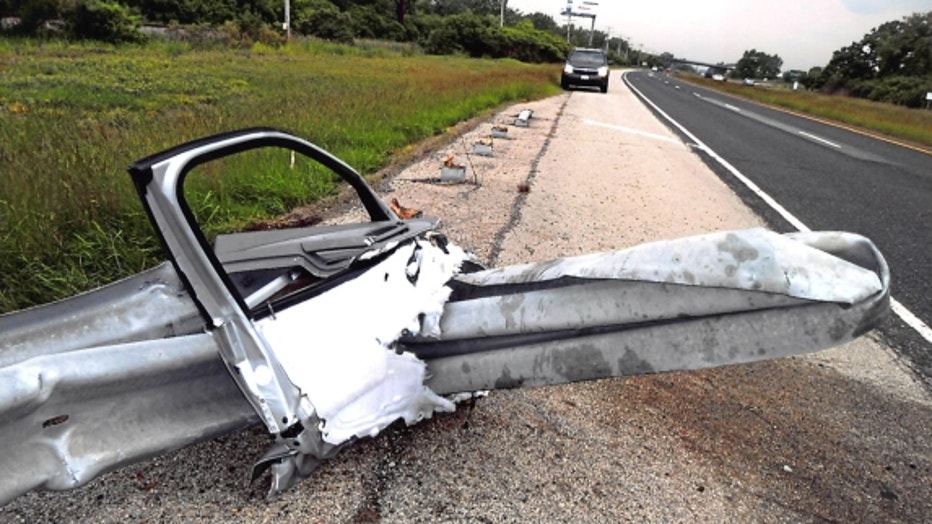Court says that disputed medical judgments present a triable issue for a jury, creating a Circuit split and paving the way for similar whistleblower claims.
the way for similar whistleblower claims.
The Third Circuit Court of Appeals has ruled that a physician’s judgments and opinions can be considered “false” under the False Claims Act, rejecting the Eleventh Circuit’s “objective falsehood” requirement and creating a Circuit split. In United States v. Care Alternatives, the Third Circuit found that contradictory medical expert opinions as to whether patients were “terminally ill” as defined by Medicare and thus eligible for hospice care benefits raised a triable issue for the jury as to falsity under the False Claims Act and did not warrant dismissal on summary judgment.
The decision conflicts with that of the Eleventh Circuit last year in United States v. AseraCare, where the court ruled that medical expert testimony standing alone cannot prove the falsity of a clinical judgment of hospice care eligibility because “a claim cannot be ‘false’ [under the False Claims Act] if the underlying clinical judgment does not reflect on objective falsehood.”
 import duty evasion. The former employee who blew the whistle on the scheme by filing a qui tam lawsuit received 22% of the recovery as a reward.
import duty evasion. The former employee who blew the whistle on the scheme by filing a qui tam lawsuit received 22% of the recovery as a reward. The Whistleblower & Anti-Fraud Blog
The Whistleblower & Anti-Fraud Blog


 ewards.
ewards. the way for similar whistleblower claims.
the way for similar whistleblower claims.